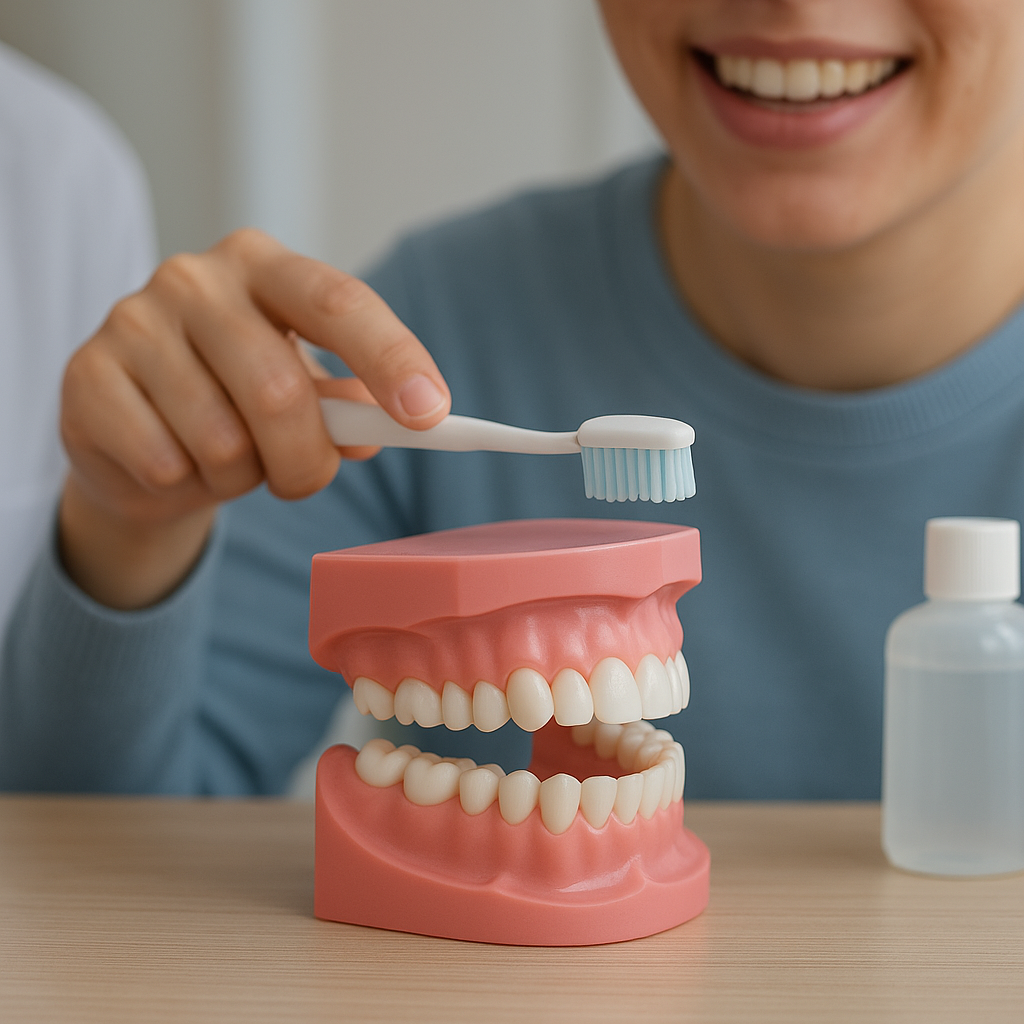The impact of vaping on oral health is a growing concern among dental professionals as more individuals turn to e-cigarettes as an alternative to traditional smoking. Dentists are increasingly observing the effects of vaping on their patients’ oral health, leading to a deeper understanding of the potential risks associated with this trend. This article explores the various ways vaping can affect oral health, the scientific evidence behind these claims, and what dentists are advising their patients regarding vaping and oral hygiene.
Understanding Vaping and Its Components
Vaping involves inhaling vapor produced by an electronic cigarette or similar device. These devices heat a liquid, often referred to as e-liquid or vape juice, which typically contains nicotine, flavorings, and other chemicals. Unlike traditional cigarettes, which burn tobacco, e-cigarettes do not produce tar or many of the harmful byproducts associated with combustion. However, this does not mean that vaping is without risks, especially concerning oral health.
The Chemical Composition of E-Liquids
The ingredients in e-liquids can vary widely, but common components include:
- Nicotine: A highly addictive substance that can affect blood flow and contribute to gum disease.
- Propylene Glycol and Vegetable Glycerin: These are used as base liquids and can cause dryness in the mouth, leading to discomfort and increased risk of cavities.
- Flavorings: Many flavorings are safe for ingestion but can be harmful when vaporized and inhaled, potentially leading to irritation of the oral tissues.
- Other Chemicals: Some e-liquids may contain harmful substances such as formaldehyde and acrolein, which can have detrimental effects on oral health.
How Vaping Affects Oral Health
Research indicates that vaping can have several negative effects on oral health, including:
- Dry Mouth: The propylene glycol in e-liquids can lead to reduced saliva production, resulting in dry mouth. Saliva is essential for neutralizing acids and washing away food particles, so a decrease can increase the risk of cavities and gum disease.
- Gum Disease: Nicotine can constrict blood vessels, reducing blood flow to the gums. This can impair healing and increase the risk of periodontal disease, which is characterized by inflammation and infection of the gums.
- Tooth Decay: The combination of dry mouth and the presence of sugars in some flavored e-liquids can create an environment conducive to tooth decay.
- Oral Irritation: Vaping can cause irritation of the oral mucosa, leading to symptoms such as sore throat, mouth ulcers, and a burning sensation in the mouth.
What Dentists Are Saying
Dentists are becoming increasingly vocal about the potential risks associated with vaping. Many dental professionals are urging their patients to consider the long-term implications of vaping on their oral health. Here are some key points that dentists emphasize:
Education and Awareness
Many dentists believe that education is crucial in combating the misconceptions surrounding vaping. Patients often perceive vaping as a safer alternative to smoking, but dentists stress that it is not without its own set of risks. They encourage open discussions about vaping during dental visits to ensure patients are informed about the potential consequences for their oral health.
Regular Dental Check-ups
Regular dental check-ups are essential for monitoring oral health, especially for those who vape. Dentists recommend more frequent visits for patients who use e-cigarettes to catch any early signs of gum disease, tooth decay, or other oral health issues. These check-ups can help in implementing preventive measures before more serious problems develop.
Promoting Good Oral Hygiene Practices
In addition to regular check-ups, dentists emphasize the importance of maintaining good oral hygiene practices. This includes:
- Brushing teeth at least twice a day with fluoride toothpaste.
- Flossing daily to remove plaque and food particles between teeth.
- Staying hydrated to combat dry mouth and promote saliva production.
- Avoiding sugary e-liquids that can contribute to tooth decay.
Encouraging Cessation
Many dentists advocate for cessation programs for patients who vape. They may provide resources or referrals to help patients quit vaping, emphasizing that the best way to protect oral health is to avoid nicotine and other harmful substances altogether. Dentists often highlight the benefits of quitting, such as improved gum health, fresher breath, and a lower risk of oral cancer.
Conclusion
The impact of vaping on oral health is a significant concern that dentists are increasingly addressing in their practices. While vaping may be perceived as a safer alternative to smoking, it poses its own risks to oral health, including dry mouth, gum disease, and tooth decay. Dentists play a crucial role in educating patients about these risks, promoting good oral hygiene practices, and encouraging cessation. As research continues to evolve, it is essential for both dental professionals and patients to stay informed about the potential consequences of vaping on oral health.




